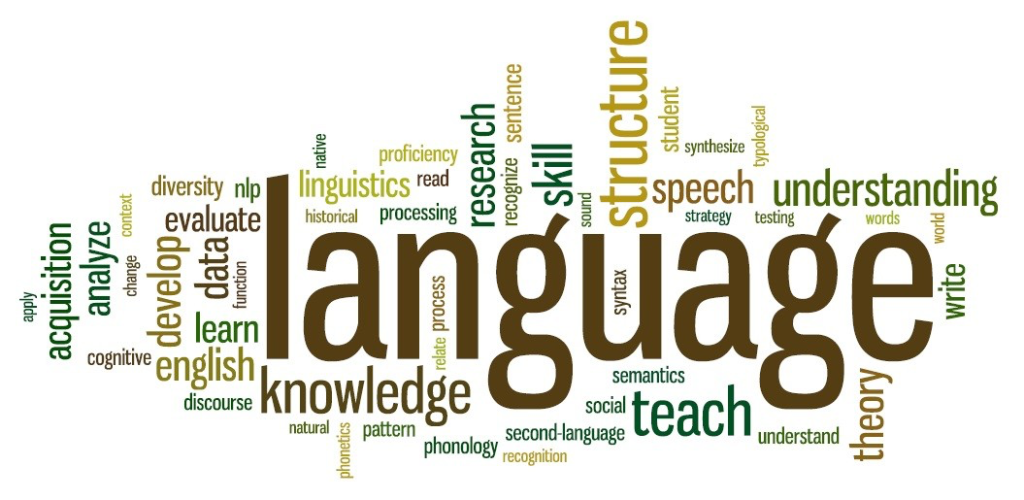
Language is a cornerstone in the preservation and promotion of literary heritage. It acts as both a vessel and a bridge, connecting past literary works to present and future audiences. Literary heritage encompasses traditional texts, oral narratives, and diverse genres that reflect the cultural, historical, and artistic expressions of a society.
In preserving literary heritage, language maintains the integrity and authenticity of original works. For instance, translation plays a pivotal role in making classic literature accessible to a global audience while retaining its essence. Through careful translation, the subtleties and nuances of the original language are conveyed, allowing the literary heritage to be appreciated in various cultural contexts.
Furthermore, language education contributes significantly to this preservation effort. By incorporating classic texts and literary analysis into curricula, educational institutions ensure that new generations understand and value their literary heritage. This educational approach fosters a deeper connection to one’s cultural roots and encourages the appreciation of literary diversity.
In addition, digital technologies and platforms have emerged as modern tools for safeguarding literary heritage. E-books, online archives, and digital libraries make literary works more accessible while preserving them for future generations. These advancements ensure that the richness of literary traditions continues to thrive in the digital era.
Ultimately, language serves as a powerful instrument in both preserving and promoting literary heritage. Its role extends beyond mere communication; it is essential in keeping literary traditions alive and ensuring they continue to inspire and educate future audiences.
